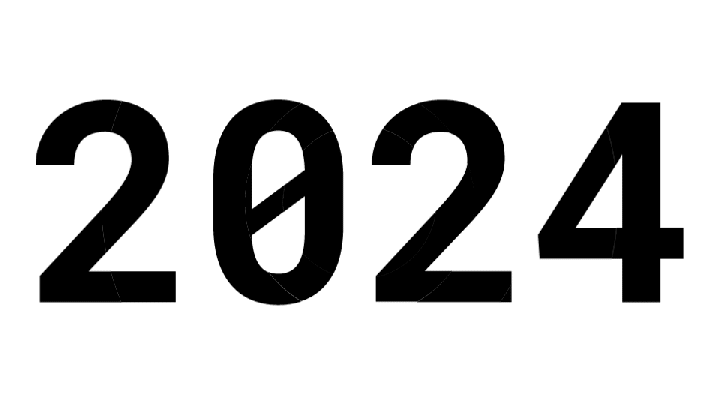FEATURED OUTPUTS
PROJECTS ARCHIVE
P3 / MS MADE / KEY VISUAL DESIGN
For this project, more than most, we are shifting from classroom to studio working culture in order to design the key visual poster design for the 2023 Mississippi Made event at 929 Coffee Bar on December 09.
•
Here is the condensed brief:
•
WHAT? (PRIMARY INFO) / MISSISSIPPI MADE (MS MADE)
•
WHAT?? (SECONDARY INFO (SUPPORTING PRIMARY)) / ART MARKET, LIVE MUSIC, BEER AND FOOD SPECIALS
•
WHEN? / DECEMBER 09, 2023 FROM 5 - 8PM
•
WHERE? / 929 COFFEE BAR / 106 E MAIN ST, STARKVILLE, MS
•
DELIVERABLES / ONE 18" X 24" POSTER (PRIMARY FOCUS) / ONE 11" X 17" (SECONDARY FOCUS, DESIGNED FROM PRIMARY)
•
BRIEF:
P3_GD1_F_23_BRIEF

P2 / CALENDAR DESIGN
Our goal for this project is to design a calendar for the 2024 year (Jan 01 - Dec 31, 2024).
•
This project engages us in systematic design, and the conceptualization of a visual narrative over the course of an entire year.
•
Your calendar must be designed to ship in some form of standard package (envelope, small box, poster tube, etc). This restriction of size becomes a vital design constraint. Consider how your calendar can be designed to scale from one size to another, or to exist in a compact form in its entirety.
•
How does your calendar function practically (as a calendar)? (day tracker, planner, wall calendar, etc)
•
How does your calendar function conceptuallY? (narrative? storytelling? interaction? outside-function, etc)
•
Consider material, reproducability, typography, graphic form, texture, interface, packaging, etc.
•
BRIEF:
P2_GD1_F_23_BRIEF
P1 / ZINE (ZEEN)
What is a Zine anyway?
•
This project engages us in an intense and advanced process of experimentation across many methods, and brings those experiments together into the format of a printed and bound object of design (zine!).
•
Step 01:
Select an object. Any object. No seriously, ANY object.
Observe this object. What story does it tell, and what kind of (visually communicative) story can you tell on its behalf? What can you extract from this object? Does it inspire form? Does it create form? Can it be used as a tool? The experiments you conduct do not have to include the object every single time, but what you depict must be relevant to, connected to, or inspired form your object, whether that be conceptually or graphically (or both).
•
Step 02:
Using the object as a the focus of your experiments, create the following:
10 images that focus on graphic form and shape (texture, pattern, symbol, imprint, etc)
10 images that focus on photography (think outside the lens)
10 images that focus on typography (type as image, formatted type, abstracted type, etc)
•
Step 03:
Condense your experiments to a well organized and formatted Indesign booklet for printing.
•
Step 04:
Time to make the Zine! Consider paper type, specialty binding, cover design, etc. All zines should be printed to the same size, but the rest is up to you.
•
Step 05:
To finalize the project, we will take studio product shots of our Zines, which should submitted along with all other final and required files.
•
BRIEF:
P1_GD1_F_23_BRIEF
OUTPUTS
MP1 / TERRIBLE TYPEFACE(S)
DOWNLOAD FONTS
This project has two primary goals:
•
1. Put your computer away to explore (typo)graphic form with alternative methods.
•
2. Get your computer back out and turn the mess you made into a functioning typeface.
•
Using the available materials in the classroom, create the following characters:
•
ABCDEFGHIJKLMNOPQRSTUVWXYZ.!? (and 1 wild card)
•
Work quickly! Don’t stop to overthink the fine details. Our objective is to explore form, texture, method, system, and process. We will work first in the analog, and explore digital documentation of our findings after the fact.
•
DISCLAIMER: This is NOT a proper way to make a typeface. The goal of this project is to intentionally misuse our tools as designers and focus on the process. It is important to approach typography with care and extreme detail when necessary, which is most all of the time.
•
FULL BRIEF:
MP1_GD1_F_23_BRIEF
RESOURCES:
FONT FORGEOUTPUTS



















